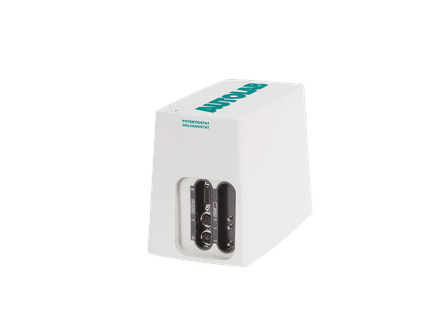To use all functions of this page, please activate cookies in your browser.
my.chemeurope.com
With an accout for my.chemeurope.com you can always see everything at a glance – and you can configure your own website and individual newsletter.
- My watch list
- My saved searches
- My saved topics
- My newsletter
Earl Wilbur Sutherland Jr.Earl Wilbur Sutherland Jr. (November 19, 1915 – March 9, 1974) was a U.S. pharmacologist and biochemist. Dr. Sutherland was born on November 19, 1915 in Burlingame, Kansas. He won a Nobel Prize in Physiology or Medicine in 1971 "for his discoveries concerning the mechanisms of the action of hormones," especially epinephrine, via second messengers (such as cyclic adenosine monophosphate, cyclic AMP). Product highlightHe received his bachelor's degree (Chemistry) in 1937 from Washburn University, Topeka, Kansas and earned his medical degree in 1942 from Washington University School of Medicine in St. Louis. After serving as a doctor in World War II, he returned to Washington University as a researcher in the pharmacology laboratory of Nobel laureate Carl Ferdinand Cori. In 1953, he became director of the department of pharmacology at Case Western Reserve University (then Werstern Reserve University) in Cleveland, Ohio, where he discovered the role of cyclic AMP in mediating the action of certain hormones. In 1963, desiring to limit his duties to research, Sutherland moved to Vanderbilt University School of Medicine in Nashville where he was a professor of physiology until 1973. He was elected to the National Academy of Sciences in 1966, won the Albert Lasker Award for basic medical research in 1970, and received the National Medal of Science in 1973. At the time of his death in 1974, Sutherland was a distinguished professor of biochemistry at University of Miami Medical School.
|
|||
| This article is licensed under the GNU Free Documentation License. It uses material from the Wikipedia article "Earl_Wilbur_Sutherland_Jr.". A list of authors is available in Wikipedia. |







